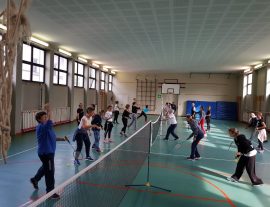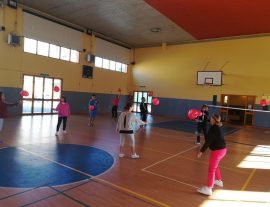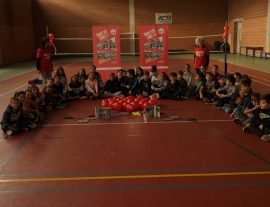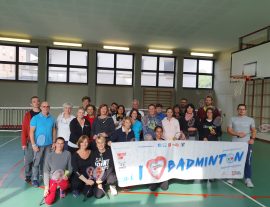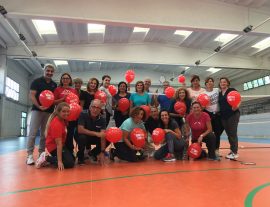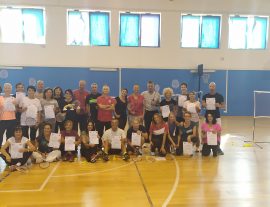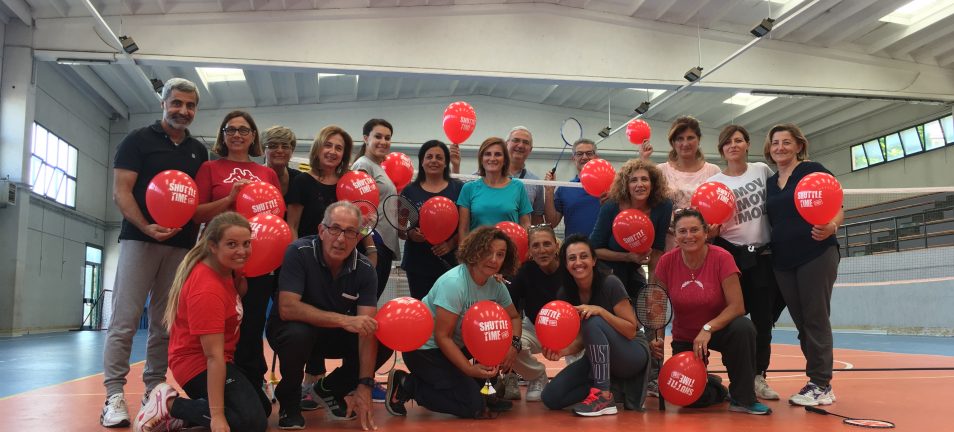
FIBa has been consistently delivering Shuttle Time courses annually and educating more teachers within the country. Shuttle Time Tutors and Teachers had been vital in delivering badminton lessons in schools and also developing the sport in the region.
May – July: FIBa organises a Shuttle Time Tutor course targeting more than 15 participants.
August – October: Certified Shuttle Time Tutor delivers Shuttle Time Teacher courses in different regions/territories. Eventually, the certified Shuttle Time Teachers will be part of the School Group affiliated to FIBa.
September – December: Schools involved in the project will receive badminton kits from FIBa to support the implementation of Shuttle Time activities. Students from universities affiliated to FIBa will also follow a special training programme and lessons delivered by a Shuttle Time Tutor.
January – May: Certified Shuttle Time Teachers will start incorporating Shuttle Time activities in their school’s curriculum activities and encourage students to experience badminton.
FIBa President Carlo Beninati said: “Our main goal was to bring badminton to primary schools and the results are evident; the number of school memberships to FIBa has increased since 2013 and new players are registering throughout our country.
“I’m very proud to see how my Federation is supporting children, teachers and coaches to master new skills and friendship in a fun and healthy way.”


















